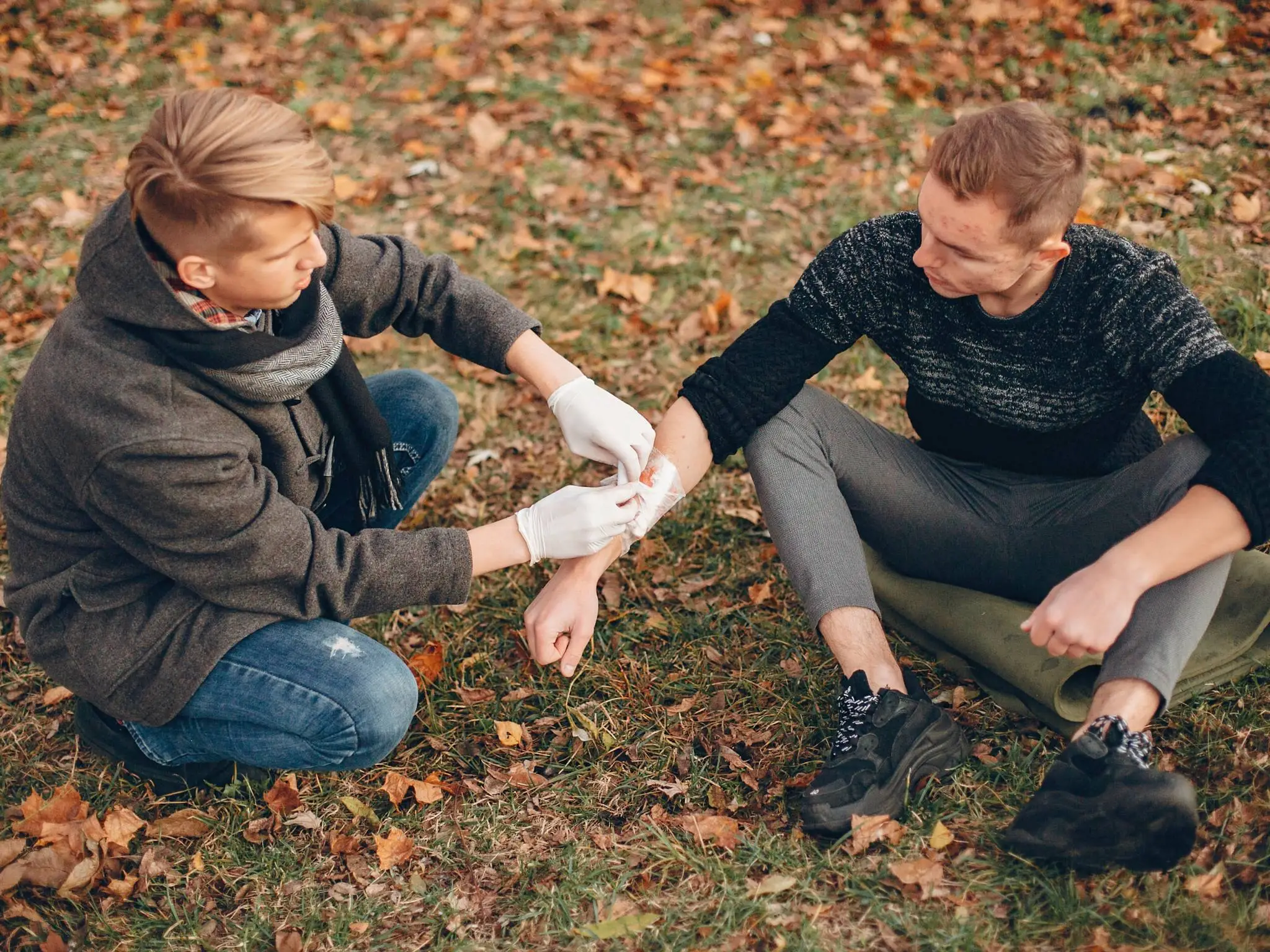Understanding Common Injuries
In an active world where physical exertion is valued, understanding common injuries is paramount. These injuries, ranging from sprains, strains, to fractures, can surface from daily activities, sports, or manual labor. They can be as mild as a bruise or severe like a broken bone. But no matter their intensity, they disrupt the normal state of health, causing discomfort and sometimes, prolonged pain.
Causes of Common Injuries
Injuries often occur due to a variety of factors, including improper form during physical activity, overuse of a particular muscle group, inadequate recovery time, and not adhering to safety practices. In some instances, these injuries are a result of unavoidable accidents, but, more often than not, they stem from preventable circumstances.
Workout Injury Prevention
Avoiding common workout injuries is a combination of knowledge, technique, and discipline. It begins with understanding your body, its strengths, and its limitations. Incorporating a well-structured workout plan that includes strength training, flexibility exercises, and cardiovascular activity can significantly reduce the risk of injury.
Correct workout postures play a vital role in injury prevention. For instance, when doing squats or deadlifts, maintaining a neutral spine can help prevent back injuries. Similarly, when running or jogging, landing on the mid-foot instead of the heel can reduce the risk of shin splints.
Importance of Warming Up and Cooling Down
Warming up before a workout prepares the body for the upcoming physical stress. It increases heart rate, improves circulation, and loosens up the joints and muscles, reducing the risk of injury. Cooling down, on the other hand, allows the body to gradually return to its resting state, decreases muscle stiffness, and promotes faster recovery.
Moreover, both warming up and cooling down exercises play a pivotal role in enhancing overall workout performance. Incorporating dynamic stretches like lunges, leg swings, and arm circles during warm-ups and static stretches during cool-downs can immensely help in injury prevention.
Takeaway
Injury prevention is not a one-time effort but a continuous process that requires conscious effort, appropriate knowledge, and the right technique. By understanding the causes of common injuries and employing preventive measures like proper form, adequate warm-up and cool-down routines, we can significantly reduce the risk of injuries and maintain a healthy, active lifestyle.
At Focus Physiotherapy, we understand that each individual’s recovery journey is unique. Our team of registered physiotherapists and staff are dedicated to guiding you on this journey, offering a range of services from standard physiotherapy to specialized treatments. With state-of-the-art facilities spread across Toronto and its surrounding areas, we ensure that you receive personalized care tailored to your needs and recovery goals.
Daily Safety Practices to Prevent Injuries
Creating a safe environment doesn’t have to require a lot of hard work or special skills. Instead, it’s about establishing daily habits that can help prevent injuries. Here are a few simple practices that you can incorporate into your routine:
1. Regular Exercise: Regular physical activity is essential to maintain strength and flexibility, which can help avoid strains and sprains. Remember to warm up before exercise and cool down afterwards to prepare your muscles and prevent injury.
2. Ergonomic Living: Whether you’re working, studying, or just taking a break, make sure your surroundings are ergonomically designed. That means your chair and desk should be at the right height, your keyboard and mouse should be within easy reach, and your screen should be at eye level.
3. Mindful Movements: Be aware of your body and your surroundings. This can help you avoid accidents, like tripping over a loose rug or slipping on a wet floor.
Role of Equipment in Preventing Injuries
When it comes to preventing injuries, the equipment you use can make a significant difference. Here’s how to choose the right gear for different activities:
Choose the Right Size: Equipment should fit properly. This is particularly important for protective gear like helmets, gloves, and pads.
Maintain Your Equipment: Regularly inspect your equipment for any signs of wear and tear. This includes everything from your gardening tools to your workout gear. Replace any items that are worn out or damaged.
Sports Injury Prevention Tips
Whether you’re a professional athlete or a weekend warrior, it’s important to know how to prevent sports injuries. Here are some tips:
Warm Up and Cool Down: These are key steps in any exercise routine. They can help prepare your muscles for intense activity and reduce the risk of injury.
Eat Right and Stay Hydrated: Proper nutrition and hydration play a crucial role in injury prevention. Make sure you’re fueling your body with the right nutrients before, during, and after exercise.
Rest: Rest is just as important as exercise. Make sure you’re giving your body enough time to recover between workouts to avoid overuse injuries.
The Mindset of Safety
In conclusion, safety isn’t something that should be taken lightly. It’s something that should be ingrained in our daily routines and activities. Here are some final thoughts on fostering a culture of safety:
Be Mindful: Pay attention to your surroundings and be aware of potential hazards. This can help you avoid accidents and injuries.
Be Vigilant: Regularly check your equipment and your environment for any signs of damage or danger.
Be Proactive: Don’t wait for an accident to happen before you take action. By incorporating safety practices into your daily routine, you can help prevent injuries before they occur.
Remember, safety is not just about avoiding harm—it’s about living a healthy, active life without fear of injury. So make it a priority, and stay safe.


